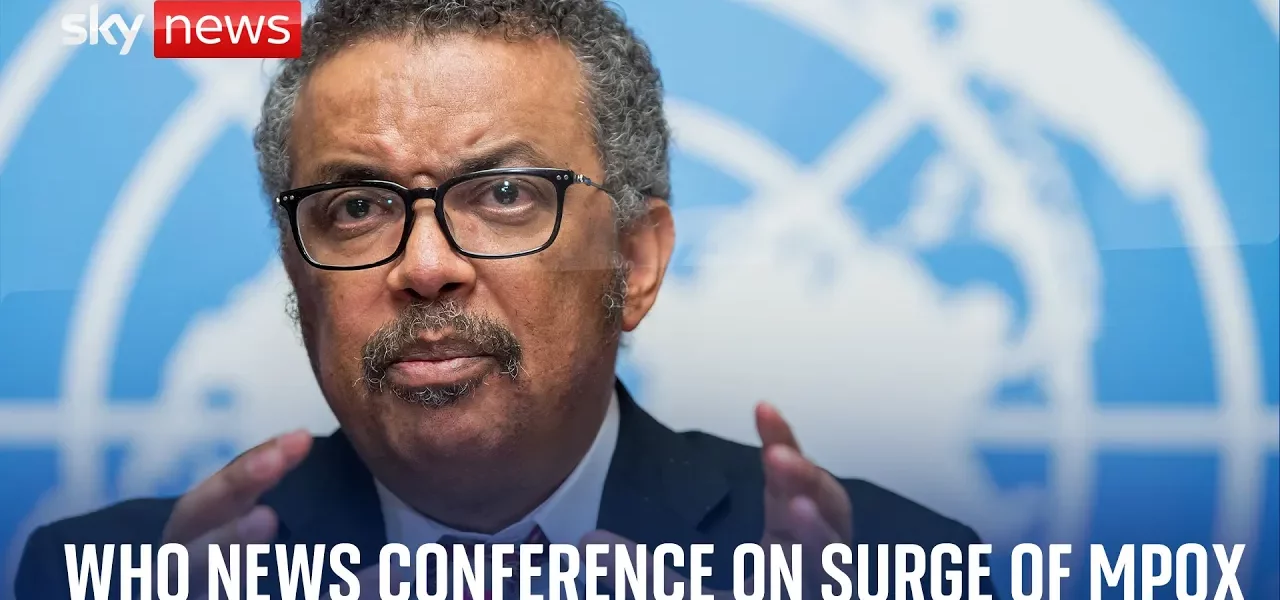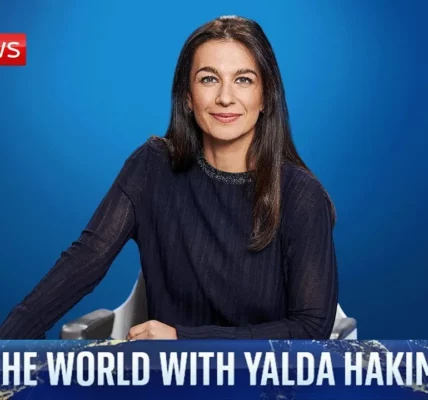WHO’s Commitment to Health Responses: Vaccination Campaigns and Global Coordination

The World Health Organization (WHO) plays a crucial role in responding to health crises worldwide. This article explores the recent efforts by WHO in coordinating health responses to outbreaks in the Democratic Republic of Congo (DRC) and Gaza, emphasizing the importance of vaccination campaigns and community involvement.
Introduction
The World Health Organization has recently demonstrated its commitment to addressing significant health challenges, particularly the outbreaks occurring in the DRC and Gaza. With a focus on vaccination campaigns and the mobilization of global health partners, WHO is actively working to coordinate efforts to control the spread of diseases like polio and empo. This article delves into the various initiatives led by WHO, highlighting the importance of community engagement and the role of local partners in these critical health responses.
Global Health Response to Outbreaks
WHO’s Commitment to Financial Support
In response to the ongoing health crises, WHO has assured full support to affected regions. The organization has highlighted the commitment of $10 million from the government aimed at bolstering health responses. This financial backing is crucial for facilitating the procurement of vaccines and other essential health supplies.
Coordination with Global and Local Health Partners
Collaboration among various health organizations, including the Africa CDC, GAVI, and UNICEF, is vital in managing health emergencies. Recent meetings with the United Nations country team focused on enhancing coordination among UN agencies and local partners under the government’s leadership. Key strategies discussed included:
- Clear communication with at-risk populations.
- Strengthening engagement with communities.
- Scaling up routine immunization for diseases such as polio, measles, and malaria.
Vaccination Campaigns in DRC and Gaza
Vaccination Efforts in DRC
The DRC has faced a challenging environment due to outbreaks of empo in one of its poorest regions. Despite these difficulties, WHO has mobilized personnel on the ground to control transmission. Key efforts include:
- Acceleration of vaccine access and delivery.
- Emergency use listing applications submitted by vaccine manufacturers.
- Coordination for the allocation of donated vaccines from high-income countries.
Moreover, WHO emphasizes that while vaccines are a powerful tool, they are not the sole solution. A comprehensive approach that includes diagnostics and treatment for the affected populations is essential.
Polio Vaccination Campaign in Gaza
In Gaza, a polio vaccination campaign is set to reach over 640,000 children under the age of ten. The campaign involves two doses of vaccine administered four weeks apart, with a target of achieving at least 90% vaccination coverage. Key elements of this campaign include:
- Training over 2,180 health workers and community outreach workers.
- Delivery of more than 1.2 million doses of vaccine, with additional supplies on the way.
- Phased delivery of vaccinations across Gaza, starting with Central Gaza followed by South and North Gaza.
WHO has called for the protection of vaccination teams and health facilities to ensure the success of this effort amidst the ongoing conflict.
Challenges and Solutions in Health Responses
Addressing Insecurity in DRC
The ongoing insecurity in the DRC complicates health responses. WHO urges for a political solution to the long-standing issues affecting the region. Close cooperation between government and partners is vital for managing outbreaks effectively.
Health Crisis in Gaza and Sudan
In Gaza, the health infrastructure is severely strained due to prolonged conflict, affecting routine immunization and increasing vulnerability to infectious diseases. WHO continues to work closely with local health authorities to address these challenges and improve healthcare access. In Sudan, ongoing fighting has led to outbreaks of cholera and malaria, further straining the healthcare system. WHO is actively providing support to the Federal Ministry of Health in Sudan to tackle these pressing health issues.
Conclusion
In conclusion, the WHO’s commitment to addressing health crises through coordinated vaccination campaigns and collaboration with local partners is crucial. The ongoing challenges in regions like DRC and Gaza highlight the need for continued support and investment in healthcare infrastructure. As WHO works tirelessly to manage these outbreaks, the call for peace and stability remains paramount. We encourage readers to stay informed and support global health initiatives aimed at improving health outcomes in vulnerable regions.
For more information on global health responses, check out our related articles on health infrastructure challenges and community engagement in health campaigns.
“`




